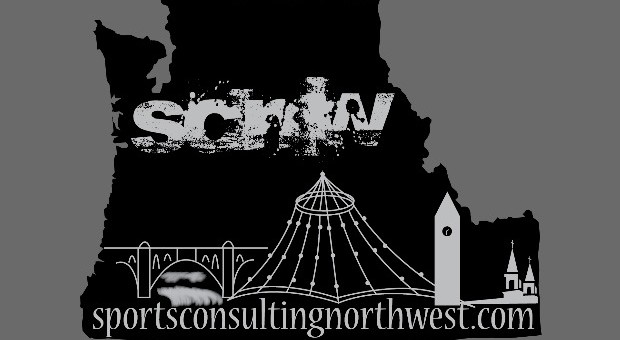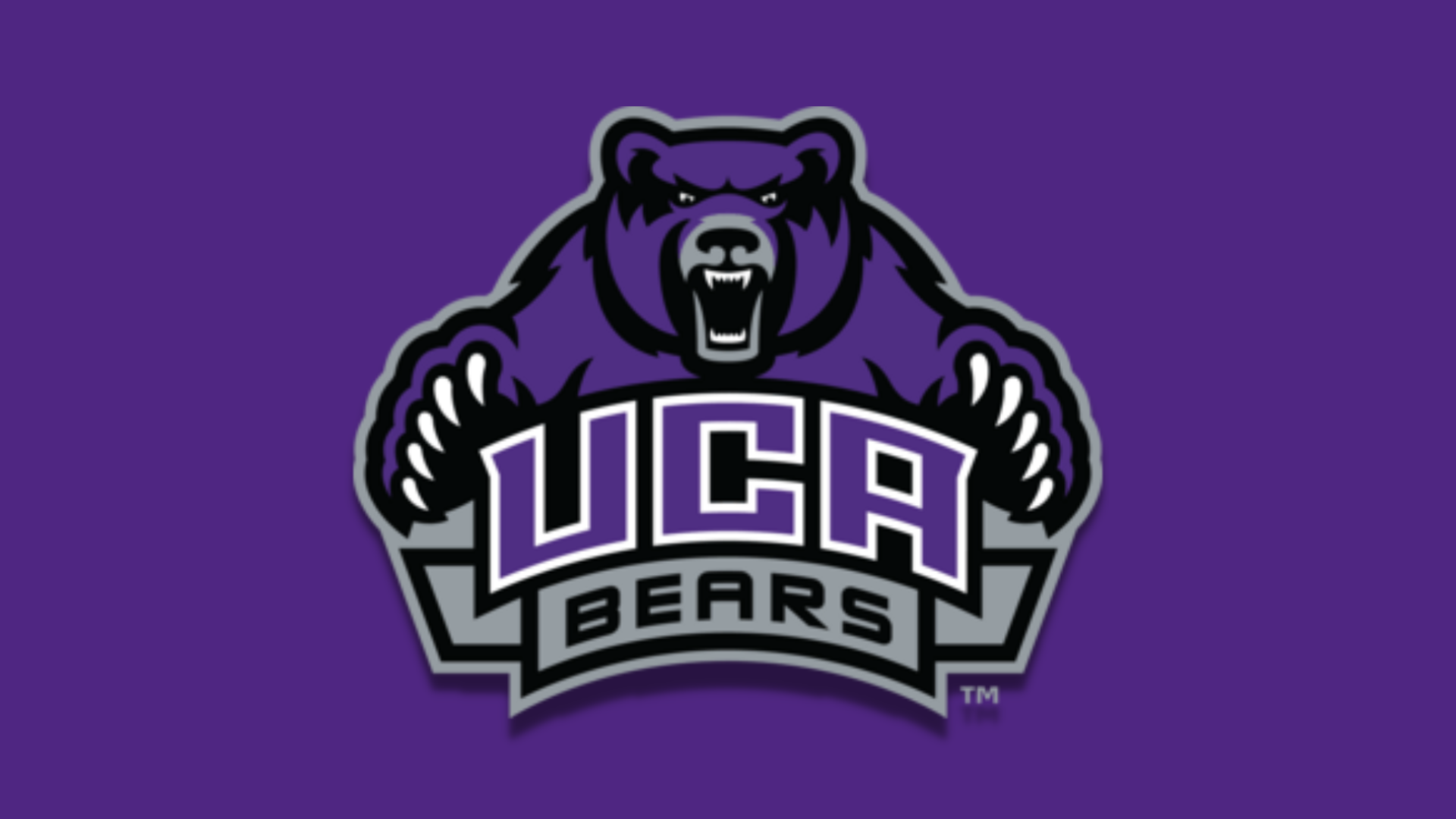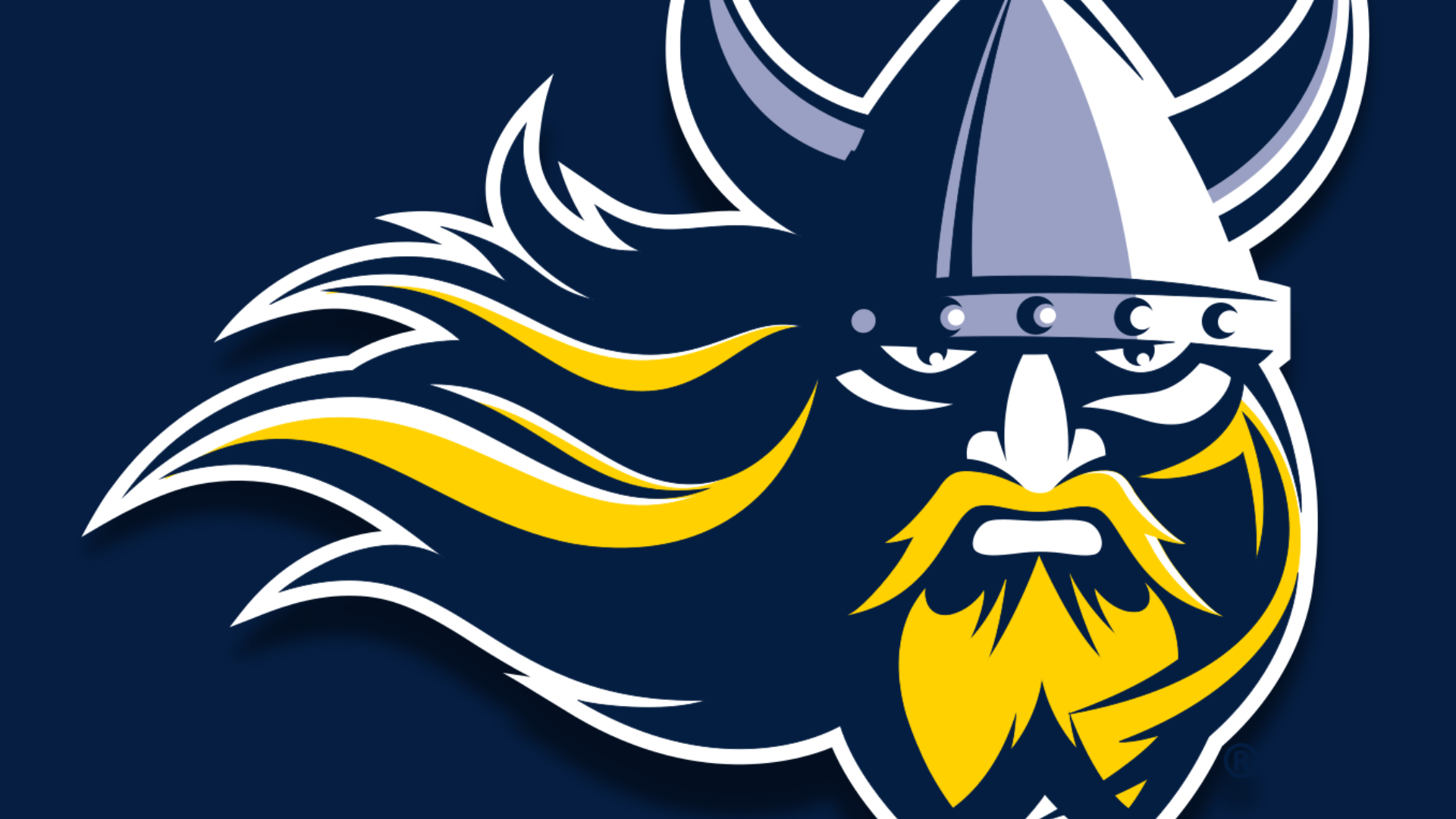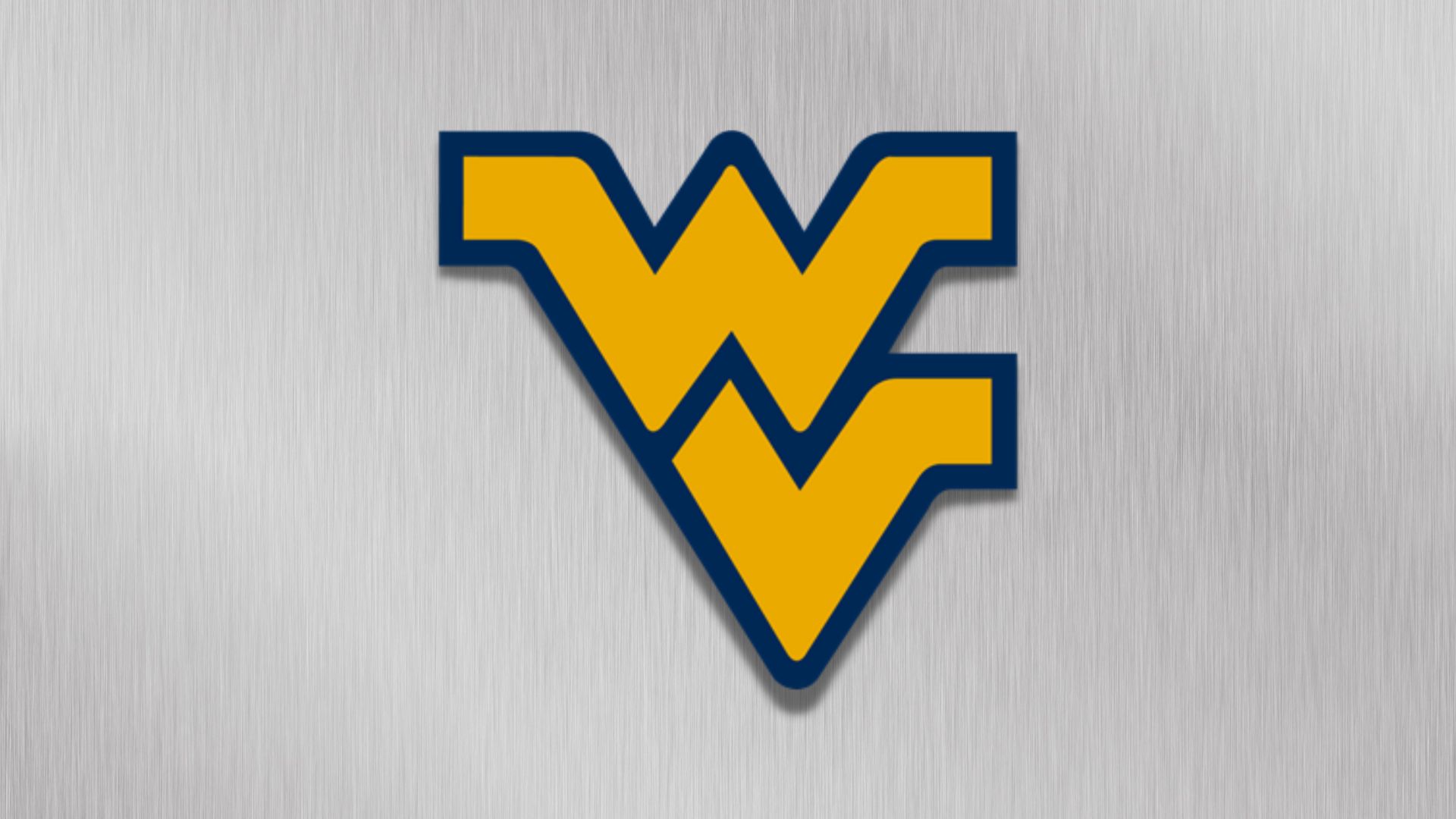CONFLICTS OF INTEREST: WHAT COACHES SHOULD KNOW ABOUT THEIR REPRESENTATION
Bryan Blair / @Coaches_Agent /www.SportsConsultingNorthwest.com
Conflicts of interest run rampant in the sports agency world. It’s important for you as a coach to have an understanding of how potential conflicts of interest affect your representation. Most sports agents have legal training and should be familiar with Rule 1.7: Conflict of Interest: Current Clients, via the American Bar Association:
(a) Except as provided in paragraph (b), a lawyer shall not represent a client if the representation involves a concurrent conflict of interest. A concurrent conflict of interest exists if:
(1) the representation of one client will be directly adverse to another client; or
(2) there is a significant risk that the representation of one or more clients will be materially limited by the lawyer’s responsibilities to another client, a former client or a third person or by a personal interest of the lawyer.
Your agent should apply these ethical guidelines to their sports representation as well. There will inevitably be some form of conflicts of interest with your agent or their agency. After reading this article my hope is that you will be able to identify those conflicts of interest yourself. This will lead to a better understanding of the representation you currently have or are seeking.
Structures of sports agencies:
There are many different structures of sports agencies. The major players are corporations like an IMG and CAA who have their fingers in every pie imaginable. The umbrellas of these agencies touch on nearly every aspect of entertainment such as celebrity representation, professional athlete representation, collegiate marketing, venue management, and much more. The antithesis of CAA or IMG would be an agency like mine that only represents a small number of coaches exclusively. Before I got into the representation game I conducted research on the structures of these different agencies. This research lead me to deliberately choosing this path. I believe this structure is the best way to reduce the natural conflicts of interest that arise in this business… but let’s be honest, I’m married so I wake up wrong every day!
Here are some examples of agency structures and relevant conflicts of interest that may arise.
Agency representing more than coaches:
If the agency you sign with represents anyone other than coaches it is important to understand where you fit in. If they represent professional athletes in your sport, are they going to use you to access to your players? This is the most prevalent conflict of interest in the coaching profession. Let’s say that your agent works at an IMG or CAA and represents coaches exclusively. Player agents at that agency WILL try and use you and your agent’s connections to access your players.
Your agent represents professional athletes as well:
Taking this issue even further, your agent may be the one representing professional athletes in the same sport. The conflicts of interests in this case are undeniable. The NBPA has taken recent steps to try and eliminate this in their sport. There has been a rule in place for years, they are just now going to start enforcing it. Moving forward, there will be a $100,000 fine for any agents who represent both players and coaches/management in the NBA. The likely step for these agents who represent players and coaches will be to dump their coaches onto other agents within their agency. In my opinion, this shows the level of commitment larger agencies have towards their coaching clients.
These conflicts of interest run into other sports as well. A former NFL Head Coach I know has been looking to return to a Head Coaching position. His agent also represents one of the biggest named quarterbacks in the modern era. The agent is making about $800,000 annually off of the players base salary alone, not to mention the numerous endorsement deals the agent organizes. I can’t imagine the time commitment needed for just this one player doesn’t affect the coach’s representation directly. Coincidentally, this excellent coach hasn’t been able to find a Head Coaching position over the past few off seasons. There is a clear conflict of interest between representing players and coaches. The move by the NBA should be a notice to coaches in other sports that this is not a good practice.
Your agent represents Executives/Athletics Directors:
The NBA isn’t the only place where agents shouldn’t represent any mix of Executives/AD’s, coaches, and athletes. There has been a recent investigation opened at the University of Memphis because the same agent represented the Athletics Director, Tom Bowen and Head Men’s Basketball Coach, Josh Pastner in a 2013 raise and contract extension. If your agent represents Executives or Athletics Directors you need to find a new agent. There is no way one person can represent both sides of a negotiation.
Your agent represents coaches only:
The biggest conflict of interest in this situation arises with the number of coaches represented in each sport. A perfect example of this happened in college football this off-season. One agent represented the head coach and every assistant on the same staff. A high level job came open and the final two candidates were the offensive coordinator and the defensive coordinator on that staff. Since the agent represented both coaches, he couldn’t do anything for either of his clients. The Head Coach wouldn’t endorse either client over the other. Ultimately these two high level assistant coaches were alone in trying to land the position.
This situation seems like it would be a rarity but it isn’t. This same agent represents numerous current NCAA/NFL head coaches and dozens of NCAA/NFL assistant coaches. What if two of his guys are going for the same position? What can the agent do for you individually? What if three of his guys are going for the same position? Five? I am an advocate of not representing more than five or six coaches in any given sport for this very reason. Consider who your agent represents and how their representation is going to have a direct effect on you!
I hope some of the examples I gave fully illustrate the importance of who your agent represents. There are endless conflicts of interest that may affect you. Identify the relevant conflicts of interest and speak with your agent about these issues. If you aren’t comfortable with the answers given you should take action. As a high level assistant or as a head coach either collegiately or professionally you deserve to be a priority to your agent/agency!








